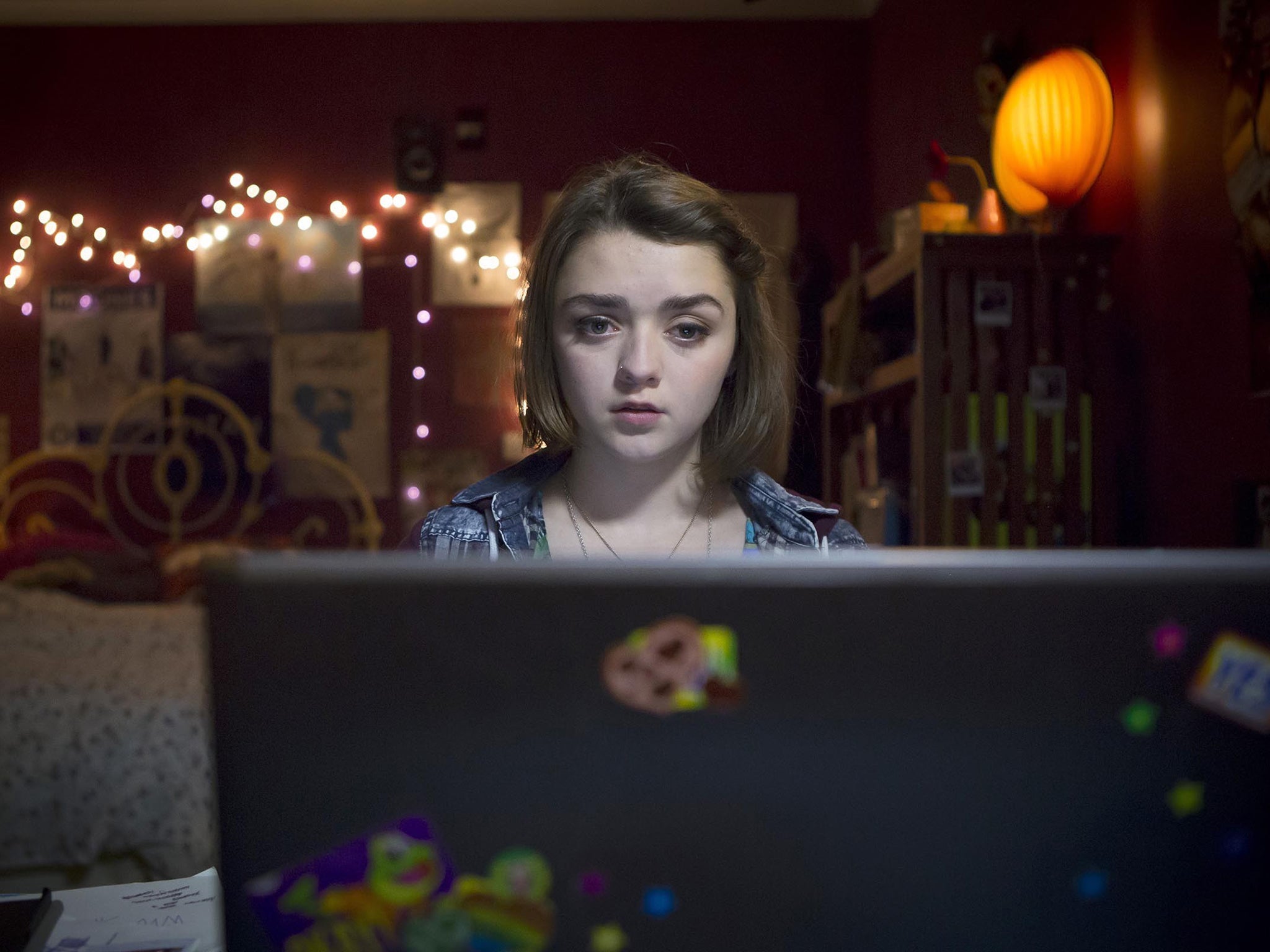Quarter of viewers with mental health problems seek help after watching mental health storylines on TV
Mind asked 2000 adults about the impact of soap and drama storylines on their attitudes to mental health

Your support helps us to tell the story
From reproductive rights to climate change to Big Tech, The Independent is on the ground when the story is developing. Whether it's investigating the financials of Elon Musk's pro-Trump PAC or producing our latest documentary, 'The A Word', which shines a light on the American women fighting for reproductive rights, we know how important it is to parse out the facts from the messaging.
At such a critical moment in US history, we need reporters on the ground. Your donation allows us to keep sending journalists to speak to both sides of the story.
The Independent is trusted by Americans across the entire political spectrum. And unlike many other quality news outlets, we choose not to lock Americans out of our reporting and analysis with paywalls. We believe quality journalism should be available to everyone, paid for by those who can afford it.
Your support makes all the difference.A quarter of TV viewers suffering from mental health problems have been prompted to seek help after following mental health storylines, according to a new poll by mental health charity Mind.
The survey asked over 2,000 British adults how soap and drama storylines affected their attitudes to mental illness, with just over half of those surveyed saying that watching a plot involving a character with mental health problems had helped improve their understanding.
One in three men with personal experience of a mental health problem were more likely to be moved to find professional help and support after watching a relatable character, compared to just 15 per cent of women.
Paul Farmer, chief executive of Mind, said: “These statistics show just how powerful all forms of media can be in encouraging people to go and see their GP, call a helpline or just get in touch with a friend or family member with a mental health problem.
“Media portrayals and reporting, when done well, can be a lifeline. Drama storylines in particular can help people who might be struggling to feel less alone and they play a vital role in signposting to the help and support that is available.”
Farmer went on to praise media coverage that offers a “sensitive, compelling and realistic” representation of mental health, urging journalists and programme-makers to continue “showing people with mental health problems as a whole” and giving them a platform to share their experiences.
The Mind Media Awards, which celebrate the best examples of mental health portrayal in media, opens for entries today. The judging panel is made up of media industry experts, many of whom have personal experience of mental health problems.
Maisie Williams, who starred in Mind Media Awards winner Cyberbully last year, revealed that after it aired, the anti-bullying line saw a “massive influx in calls” from young people who had previously been too frightened to speak out.
“No one is going to judge you, there are people out there who want to help you,” she said. “I hope that is the message people get from a series like Cyberbully.”

Watch Apple TV+ free for 7 days
New subscribers only. £8.99/mo. after free trial. Plan auto-renews until cancelled

Watch Apple TV+ free for 7 days
New subscribers only. £8.99/mo. after free trial. Plan auto-renews until cancelled
Winners of the Mind Media Awards will be announced at an event at the Troxy on Monday 14 November.
Mind has a confidential information and support line, Mind Infoline, available on 0300 123 3393. Lines are open from 9am to 6pm from Monday to Friday.
Join our commenting forum
Join thought-provoking conversations, follow other Independent readers and see their replies
Comments